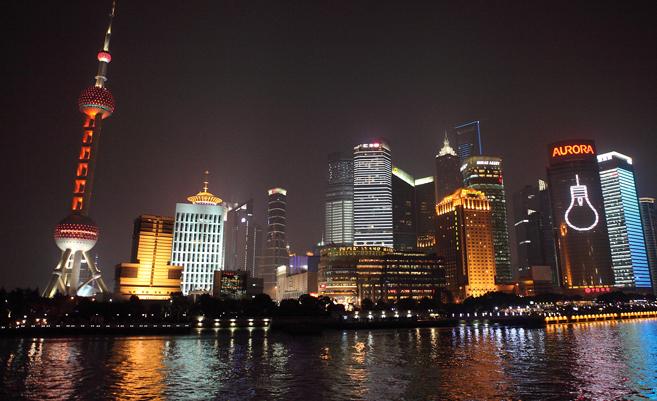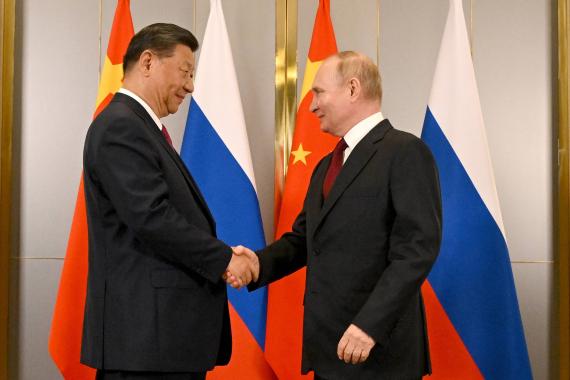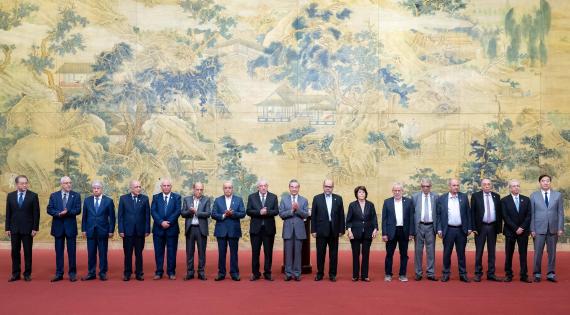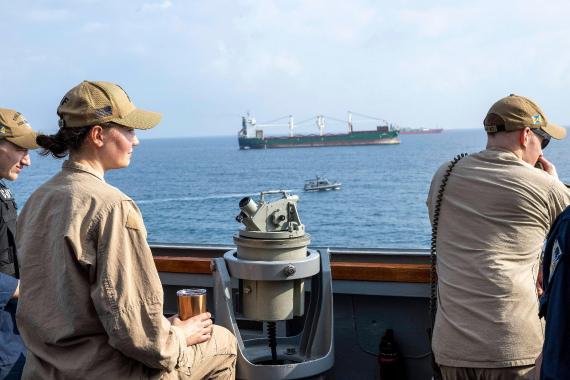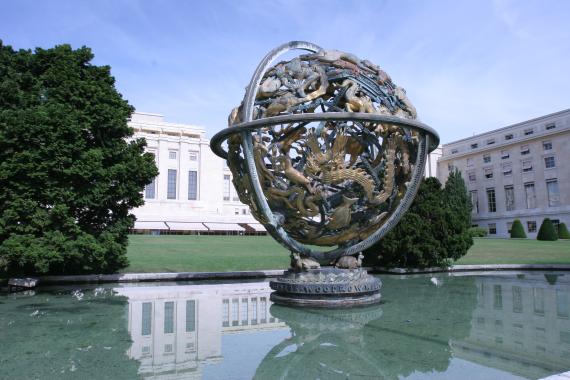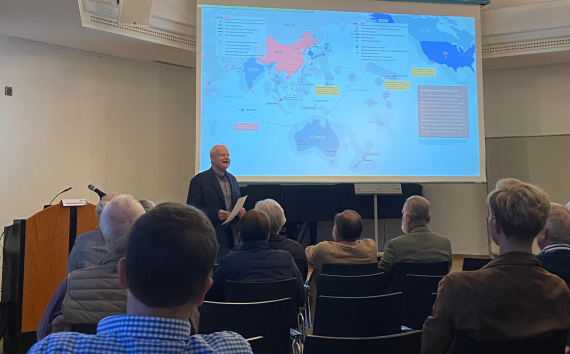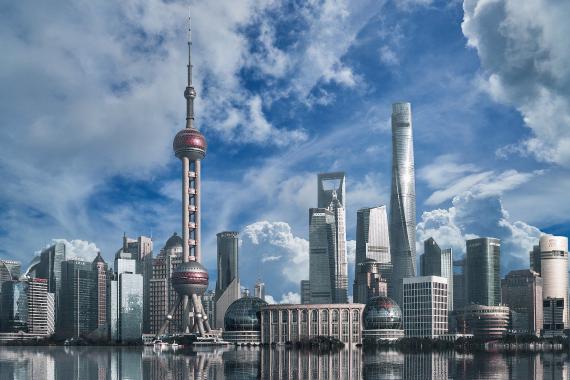The times when Western-derived ideas had an almost natural formative effect on the rest of the world are obviously over. We now find ourselves in a competitive situation that we should be aware of and also be serious about; but have no reason for inferiority complexes either.
At a glance
- Under President Xi Jinping, China has developed from a predominantly economic power into an important political influence.
- As an important trading partner for many countries, including Europe, China is using its status skilfully at both the bilateral and multilateral level.
- The rise of China is leading to regional and geopolitical shifts in power, and competition with the USA indicates a new great power conflict and political systemic competition.
- The Konrad-Adenauer-Stiftung is addressing China’s growing political influence and discussing how Germany and the European Union should position themselves in a geopolitically changing world.
Content
1. China's Rise and its Geopolitical consequences
2. Positioning of Germany and the EU
3. Our offers and projects on the topic
4. Publications, events and media contributions on the topic
China's Rise and its Geopolitical consequences
Over the past decade, China has gradually risen as a global power. For a long time, the focus of observation remained on the economic dimension of China’s rise. Under Xi Jinping’s leadership, however, China's aspiration to global political leadership has become unmistakable. The "enlarged" West now faces a geo-strategically driven Chinese foreign policy.
Amid growing US-China rivalry, China is eager to continue building up its own footprint in the international arena and to become technologically independent from the US. China’s role as major trading partner for many countries in the world has provided a significant set of tools to exercise its influence in bilateral relations as well as on multilateral level.
Under the framework of the Belt and Road Initiative, China has diversified its economic and political relations; has established trading routes with access to harbours and trading hotspots all over the world and created a new framework under which Chinese companies can access and develop new markets. From a Chinese perspective, connectivity has become an important feature in China’s interaction with the world, intended to contribute to economic growth processes in previously rather isolated countries and regions.
Positioning of Germany and the EU
The rise of China is contributing to regional and geopolitical power shifts. This is accompanied by an escalating great power conflict and an emerging strategic competition.
The struggle for global spheres of influence affects us directly, but also takes place far from our own borders. For example, on the African continent, in Latin America, in the Middle East and in the Arctic, where Chinese involvement is increasingly leading to the formulation of China’s own economic and security policy claims.
Germany and the EU are facing the fundamental question how to position themselves in a world undergoing major geopolitical changes.
Foundation offices in China
With its two foundation offices in Beijing and Shanghai, the KAS has important facilities for a close exchange with Chinese cooperation partners on bilateral and international issues. At the same time, the Foundation is increasingly dealing with China's growing political influence, with which many countries, and even entire regions, are facing new challenges.



